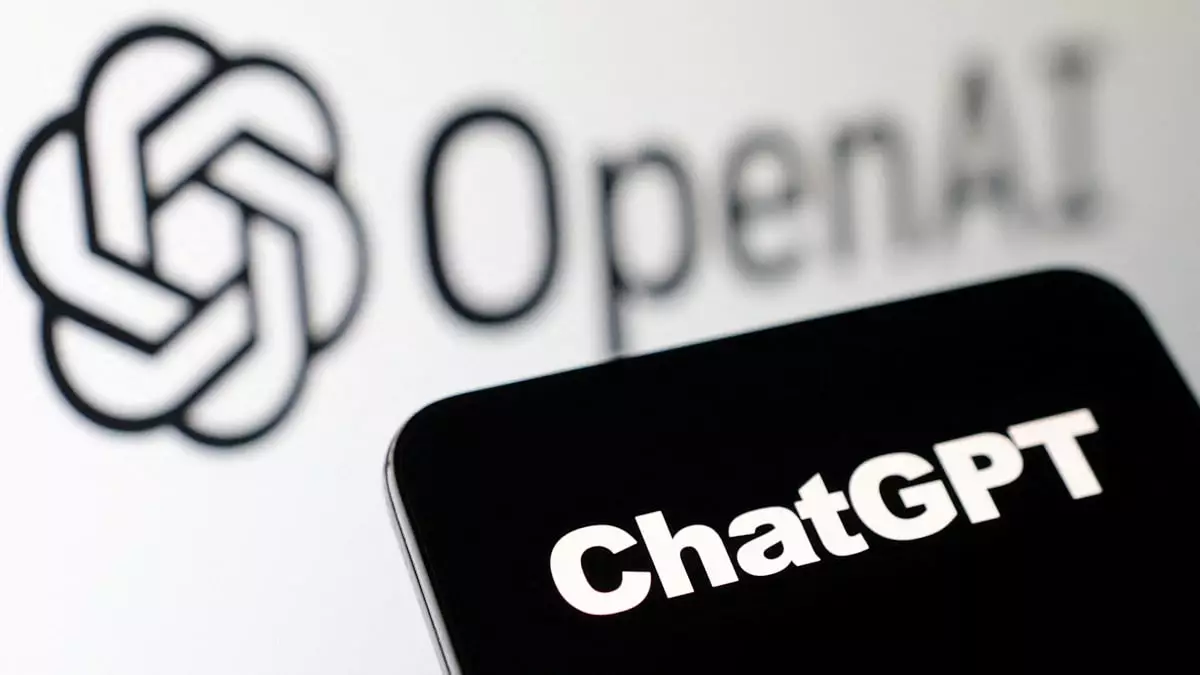OpenAI, the creator behind ChatGPT, has postponed the release of its custom GPT store until early 2024. The decision was revealed in an internal memo obtained by Reuters. Initially, the store was planned to be launched in November, alongside the introduction of custom GPTs during OpenAI’s first developer conference. However, the company cited the need for further improvements based on user feedback as the reason for the delay.
The Backdrop
OpenAI faced internal challenges before the decision to delay the launch. The company experienced the unexpected removal of its CEO, Sam Altman, followed by his reinstatement due to employee threats of resignation. These events set the stage for a turbulent period within the organization.
GPTs, or Generative Pre-trained Transformers, serve as early AI assistants that perform practical tasks like booking flights on behalf of users. OpenAI’s goal is to refine these models by incorporating user feedback. By continuously making improvements, the company aims to enhance the performance and reliability of its GPTs, ensuring they meet user expectations.
Monetizing GPTs
In addition to user improvements, OpenAI is planning to implement a system that allows users to share their GPTs and generate income based on the number of users they attract. This approach opens up avenues for individuals to monetize their creations and incentivizes the development of high-quality GPTs. By fostering a community-based marketplace, OpenAI seeks to enable users to leverage the potential of GPTs in various ways.
Expanding Training Datasets
To further refine its models, OpenAI has expressed its intent to collaborate with organizations to produce comprehensive datasets for AI model training. These datasets would include both public and private components. OpenAI aims to create more nuanced and conversational GPTs by incorporating training data that better represents human intention across languages, topics, and formats. The company has invited potential partners to contribute to the development of an open-source dataset that can be utilized for training language models.
OpenAI’s plan includes the creation of both public and private datasets to support the training of proprietary AI models. This dual approach recognizes the need for datasets that cater to different requirements. Public datasets will be made available to the wider AI community, fostering collaboration and knowledge sharing. Simultaneously, private datasets will enable OpenAI to refine AI models for specific tasks and applications, maintaining a balance between openness and proprietary interests.
OpenAI’s decision to delay the launch of its custom GPT store emphasizes its commitment to delivering high-quality AI models. By incorporating user feedback and investing in comprehensive training datasets, the company aims to improve GPT capabilities. The addition of a marketplace for GPTs offers individuals the opportunity to monetize their creations, fostering innovation and further growth within the AI community. OpenAI’s endeavors signal a concerted effort to push the boundaries of AI technology and create more powerful and versatile language models.


Leave a Reply